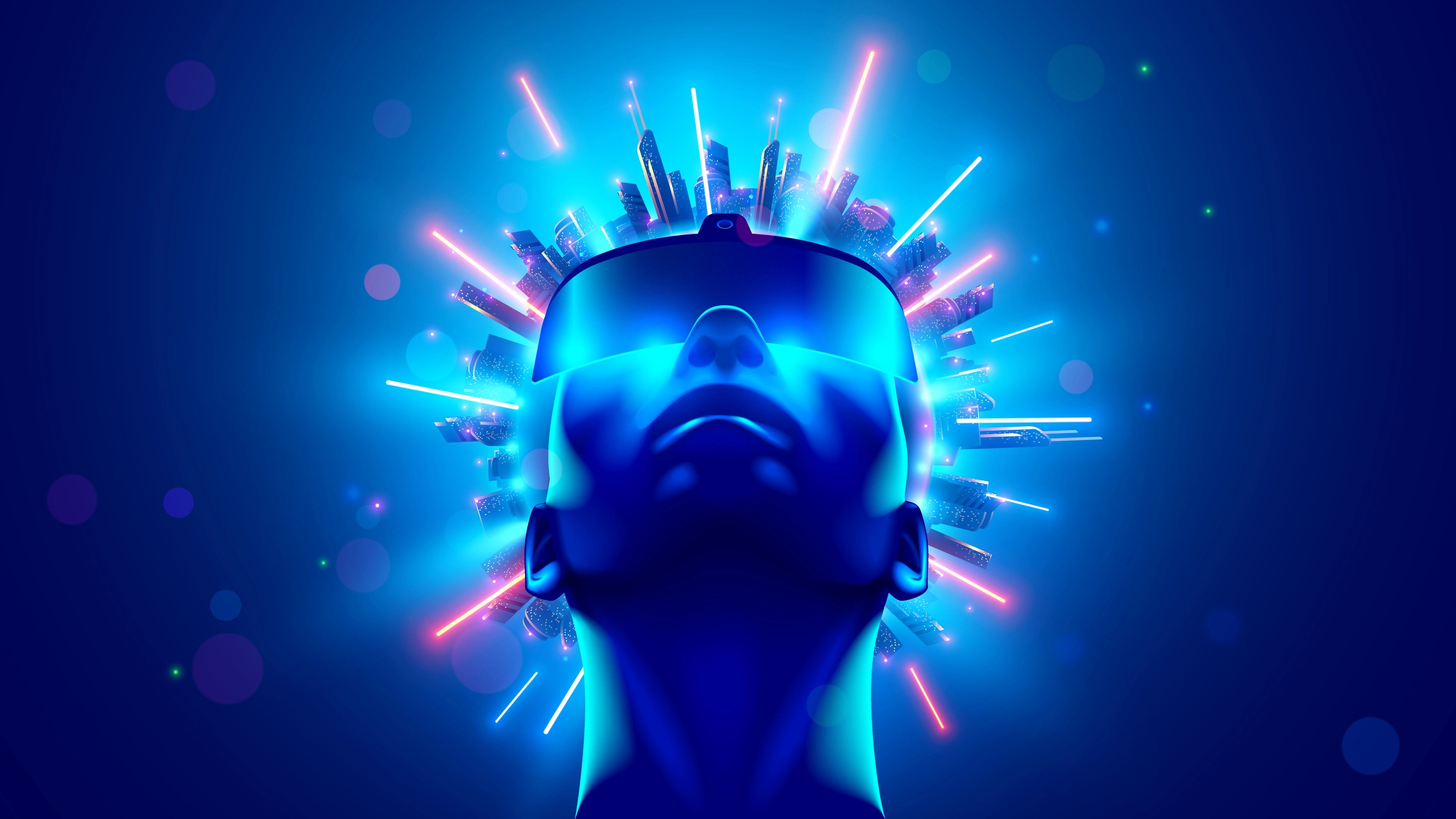The term Metaverse was coined by the novelist, Neal Stephenson, who first used it in his novel Snow Crash in 1992. Neal displayed a place in his novel, which is beyond the limitations of time, space, and travel where humans can interact with one another, wearing virtual reality headsets. Lately, the virtual world of Metaverse has started gaining significant attention due to big brands entering its horizons and committing their money and resources to it.
12 mega brands and companies have already stepped into the Metaverse and launched their campaigns, marketing promotions, and e-commerce efforts. Let’s look at the efforts of these big incumbents, conquering the Metaverse world.
- Facebook, Meta
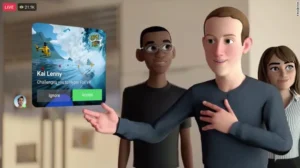
Mark Zuckerberg, the CEO of Facebook rebranded its social media application by making Meta the parent company of Facebook in October 2021. He took the initiative of bringing Metaverse to life and providing an opportunity for individuals to connect with communities and grow their businesses in the virtual world. Meta launched new tools for people, helping them replicate their businesses, and also provided a Presence Platform, which will allow individuals to experience a mixed reality experience via Oculus Quest 2 virtual reality headsets. Beyond this, the company invested around $150 million to train the next generation of creators and developers who will innovate the Metaverse.
2. PepsiCo

Cultural relevance and legacy are the two main motivating factors that encouraged the beverage giant to enter the virtual space. While discussing PepsiCo’s Mic Drop Genesis NFT collection, Todd Kaplan, the company’s CMO, mentioned that this collection of NFTs pays homage to the brand’s history, deeply connected with music. The Mic Drop Collection consists of 1,893 free NFTs that highlight the company’s history, generating $10 million in sales. Kaplan said “brands can’t keep approaching marketing as advertising because marketing is not advertising.” Therefore, brands should attract consumers’ attention by “creating content not ads and invite them into the conversation” instead of adapting the conventional methods of marketing like advertising. As per Kaplan’s expertise, the cultural impact has become one of the major proponents of modern marketing, allowing brands to achieve more than just reaching consumers.
3. Hyundai

Hyundai Motor Company launched its Mobility Adventure, which is a Metaverse space on Roblox (the gaming platform), featuring its motor products and mobility solutions. The virtual space allows consumers to customise their avatars and interact with one another and enjoy the real-time experience of Hyundai motor products. Hyundai Motor Company is the first brand that launched its Hyundai Mobility Adventure to Roblox typically targeting the generations of tech-savvy youngsters. By offering its consumers a platform to connect with the brand’s products and future solutions, Hyundai Motors is nurturing a long-lasting relationship with its consumers and fans.
4. Nike
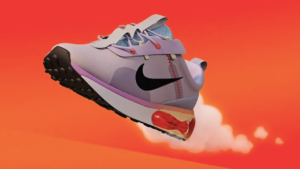
In the December of 2021, Nike acquired the RTFKT, a non-fungible token studio that produces digital collectibles like digital sneakers, to offer its consumers a blend of culture and gaming. After the successful acquisition of RTFKT, the sneaker giant filed seven trademarks in the Metaverse with the plans to produce and sell branded apparel, accessories, and footwear in the virtual space.
5. Procter & Gamble

Procter & Gamble entered the Metaverse space and made its mark in the virtual world in its own way. The brand aimed to interact with potential customers and added value for them. The chief design officer of P&G, Phil Duncan mentioned at the Fortune Brainstorm Design conference that the firm stepped into the Metaverse to win the hearts of its consumers and grow its business. P&G is one of the companies among the 500 fortune firms that replicated the experience of the Consumer Electronics Show (CES) in the Metaverse. During the show, the brand exhibited some experiences and activities from its 2020 Tokyo Olympics sponsorship. Besides this, the CPG giant launched interactive virtual experiences, gaming platforms, and sustainability-centric beauty platform in the Metaverse for its consumers.
6. Gucci
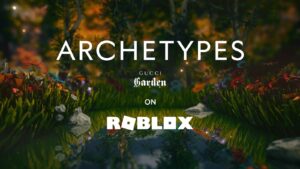
Along with the launch of Garden Archetypes, an immersive multimedia experience, Gucci joined hands with Roblox to launch Gucci Garden, which is an innovative and interactive virtual exhibit. The avatars transform into neutral mannequins as soon as they enter the Gucci Garden, wandering from one room to another and absorbing the numerous elements of the exhibition. Each person experiences the rooms in their unique order and retains different segments of the space, ultimately emerging as one-of-a-kind creations by the end of the journey.
7. Microsoft
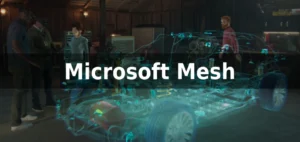
“The Metaverse is here, and it’s not only transforming how we see the world but how we participate in it — from the factory floor to the meeting room.”
Microsoft CEO Satya Nadelia
Microsoft supported this vision by launching Mesh last year. Mesh provides a digital overlay to enable presence and share experiences from anywhere through mixed-reality applications.
8. The Coca-Cola Company
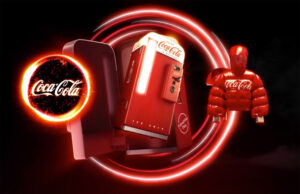
To celebrate the Friendship Day last year, Coca-Cola entered into a partnership with Tafi to design virtual wearables for the Coca-Cola’s first-ever NFT collection in the Metaverse. Last year, the beverage giant auctioned its NFT loot box on OpenSea that contained digital apparel that can be worn in the virtual space of Decentraland. The Coca-Cola’s Friendship Box (a reimagined version of the Coca-Cola’s vending machine NFT) contained a futuristic Coca-Cola bubble jacket wearable, sound visualiser to capture the essence of the feeling while sharing a coke and a Friendship Card inspired from Coca-Cola’s trading cards from the 1940s.
9. Louis Vuitton

Louis Vuitton launched its Louis: The Game in the Metaverse space to celebrate its founders’ 200th birthday. The game features a virtual character Vivienne, created by the brand’s monogram, which travels the virtual world and explores vibrant locations in search of collectible NFT candles. Players can collect up to 30 NFTS, with each NFT unlocking a story about the journey of Louis and his family.
10. Balenciaga
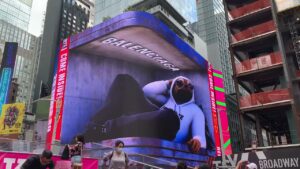
Fashion house Balenciaga partnered with Epic Games to integrate high-fashion Fortnite skins. Along with Balenciaga-themed accessories like a designer pickaxe and Balenciaga bling backpack, four skins were created. An in-game Balenciaga-themed hub was also developed, with and a real-world clothing line. The hub includes a virtual Balenciaga store where visitors can buy cosmetics. Above the virtual store, an animated billboard featured the walking dog Doggo in a hoodie. A billboard showed up in the real world, too, in New York City, London, Tokyo, and Seoul.
11. Starbucks
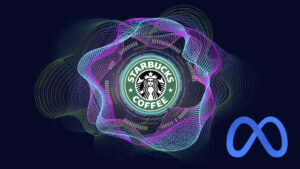
Consumers can buy NFTs along with their favourite Starbucks latte. The ultimate coffee stop shop for consumers has decided to enter into the web3 space by launching its own collection of NFT. The ownership of NFT will allow consumers to access exclusive experiences and special content. With the launch of NFTs, the brand is trying to expand its concept of creating a third space for consumers, which is a place between home and work where coffee lovers can express their sense of belonging with it.
12. Wendy’s

Fortnight, a video game platform, announced a food fight between team pizza and team burgers last year. To promote its burgers, Wendy’s launched its organic meta campaign in an innovative way. Team burgers stored its burgers in the freezers, but Wendy’s does not do frozen beef, so Wendy’s created its avatar on Twitch, dropped it into the game, and started destroying burger freezers. Wendy’s continued the game for nine hours and promoted the campaign on Twitter, as a result, significant gamers joined the game and destroyed the freezers.

